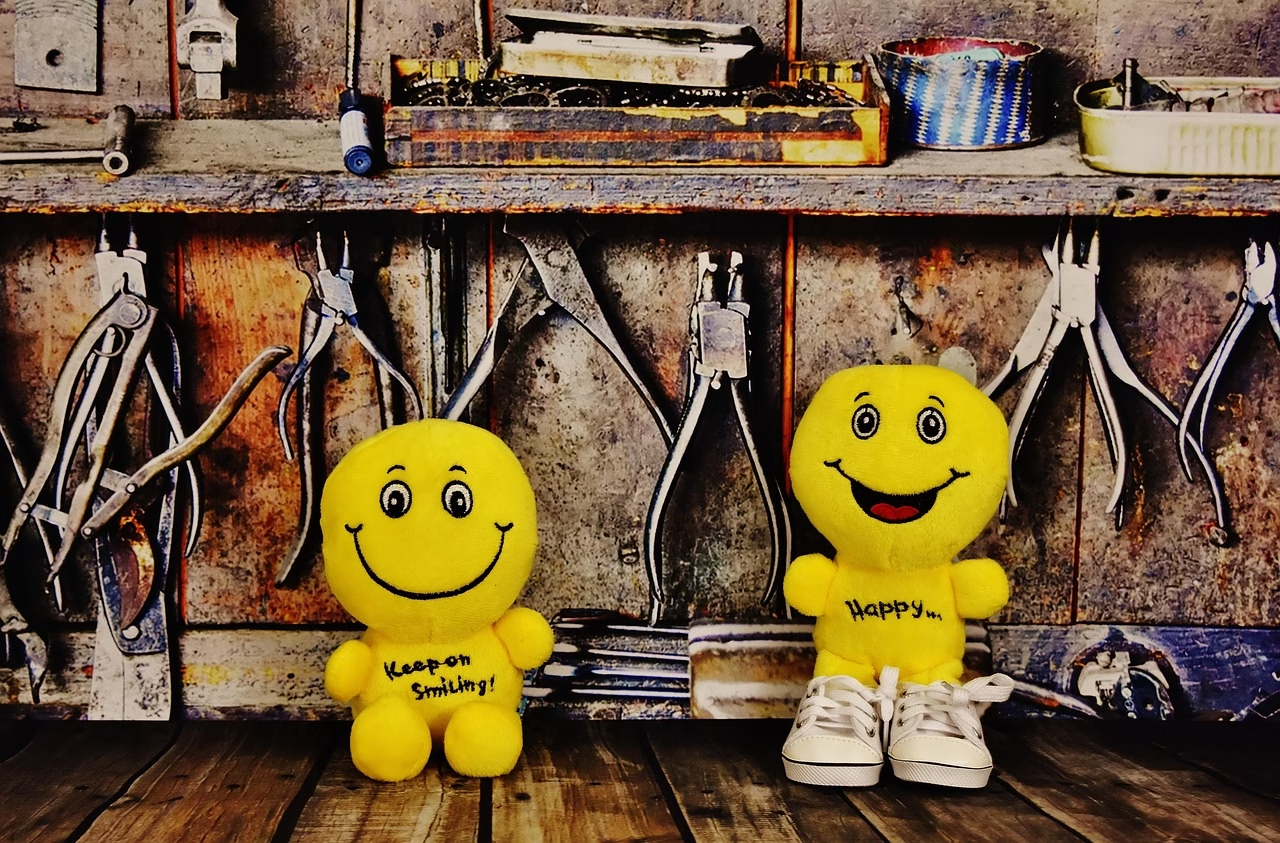“The Four-Day Workweek: A Game-Changer for Employee Producti
June 15, 2025 | by Ethan Rhodes

The Four-Day Workweek: A Game-Changer for Employee Productivity and Well-being
If you’d told me five years ago that the biggest workplace revolution I’d witness would be people working less—yet accomplishing more—I’m not sure I’d have believed you. But here we are. The four-day workweek isn’t just a headline; it’s becoming a game-changer for how we work, live, and recharge. As someone who’s spent the last decade deep in the trenches of productivity strategies, I’ve seen plenty of workplace “hacks” come and go. This one’s different—and here’s why.
Why the Four-Day Workweek Isn’t Just Trendy—it’s Transformative
Let’s drop the pretense: Burnout is real. Our old 9-to-5, Monday-to-Friday script was written in an era with different priorities and demands. Today, with digital overload, back-to-back Zooms, and a serious blurring of boundaries, the cost of “always on” is showing up in everything from turnover rates to Tuesday-morning brain fog. The four-day workweek slices through this—and the impacts are downright inspiring.
“I finish more in four days than I ever did in five—because now, every meeting and milestone actually matters.” — Project Manager, Tech Startup
Companies piloting this shift are discovering their teams are not only more productive but also significantly happier. Four-day weeks force us to focus, prioritize, and eliminate the fluff that clogs up the modern workday.
The Productivity Upswing Is Real
- Less “Busywork”, More Output: With just four days, people cut out the countless status checks and aimless meetings. Parkinson’s Law teaches us that “work expands to fill the time available”; compress the timeframe, and things get sharper and faster.
- Sharper Focus, Fewer Mistakes: When you’re not running on empty, your brain is ready for deep work. Companies report creative problem-solving and efficiency skyrocket with that extra day to recharge.
- Energy Management (Not Just Time): Rest is rocket fuel. Employees bring their best selves to work when they’re rested, inspired, and valued for their output—not their hours.
Well-being at the Core—Not an Afterthought
The research and real-life stories speak volumes: Shorter weeks mean healthier people. We’re seeing lower stress, reduced sick days, and deeper engagement. When you trade in that extra office day for time outdoors, with family, or just catching up on sleep, you return to work as a more balanced, focused human being.
As a workplace strategist, I know well-being isn’t a fluffy perk—it’s a building block for sustainable, high-performing teams. Companies shifting to four-day workweeks are seeing a dramatic drop in burnout and a boost in job satisfaction. That translates, bottom line, into retention, loyalty, and results.
Action Steps: Bring Four-Day Focus Into Your Week
- Prioritize Ruthlessly: List your top three goals each morning. Work on those first, before emails and distractions steal your edge.
- Time Block like a Pro: Set clear windows for deep work, collaboration, and true breaks. Yes, actually step away—let your mind recharge.
- Automate & Delegate: Identify tasks that can be automated, delegated, or simply ditched. Don’t be the hero—be the strategist.
- Visualize Your Friday: Even if you’re officially working, try a “mini-pilot.” What would you cut or streamline with one less day? Try it for a week, then review the results.
Rolling Forward—Let’s Build Smarter, Not Just Harder
The four-day workweek is more than a workplace perk—it’s an invitation to reimagine what great work (and a great life) really means. It’s about protecting our focus, boosting our creativity, and making space for everything beyond our to-do lists. If you’re eager to try new rhythms or just dial back the overwhelm, now’s the time to rethink your week, your rest, and your results.
The future of work isn’t someday—it’s something we’re building right now. Let’s make it smarter, lighter, and a whole lot more human.

RELATED POSTS
View all



